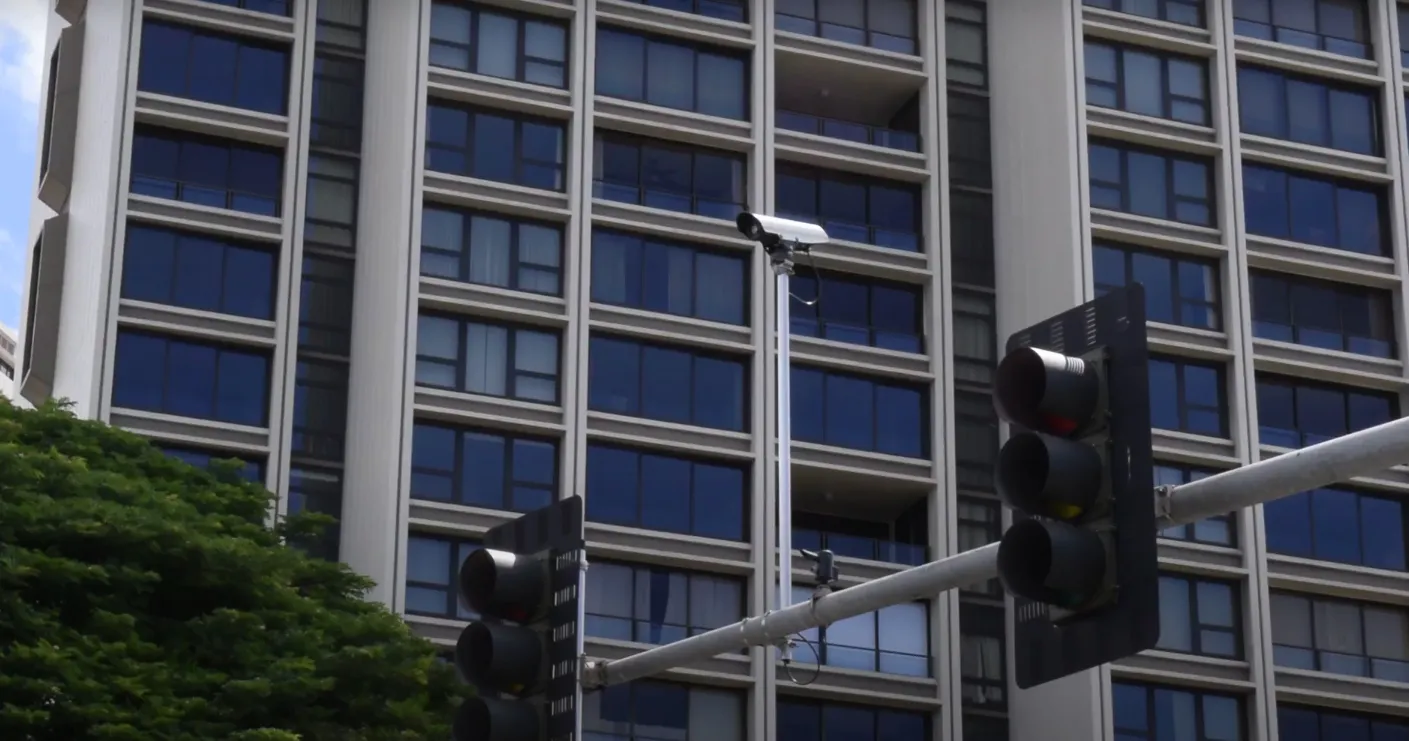A collaborative summer research project between students from the University of Delaware (UD) and Delaware Department of Transportation (DelDOT) is compiling traffic data using global position system technology to quantify the severity of congestion on roads leading to and from the Delaware beaches. The students use two UD vehicles equipped with GPS devices programmed to capture travel time from one point to another, mean travel speed and delay using longitude and latitude measurements taken while the vehic
July 15, 2013
Read time: 2 mins
A collaborative summer research project between students from the University of Delaware (UD) and 7423 Delaware Department of Transportation (DelDOT) is compiling traffic data using global position system technology to quantify the severity of congestion on roads leading to and from the Delaware beaches.
The students use two UD vehicles equipped with GPS devices programmed to capture travel time from one point to another, mean travel speed and delay using longitude and latitude measurements taken while the vehicle is in motion.
As the vehicles cross each predetermined control point, the students record travel time, delay time and delay sources such as accidents, weather and unexpected occurrences.
The data captured by the GPS devices is downloaded and analysed in UD’s Delaware Center for Transportation.
In the autumn, the students present and discuss their findings with DelDOT transportation planners charged with planning future projects, providing a snapshot of current traffic conditions as well as comparison of previous years. To provide the transportation planners with a visual representation of trouble spots, the GPS data is integrated with Geographic Information Systems (GIS) and graphed on roadway maps.
“We are not only pointing out the problems for short term improvements, we are also shaping the 20-30 years ahead, while learning how to participate and manage a real world project,” said Abdulkadir Ozden, a doctoral student leading this year’s summer project.
The research team has also begun to data using GPS smartphone applications. At the end of the season, they will compare the high tech GPS data collection with that collected using free GPS capable phone apps to evaluate their accuracy.
The data is also very useful in optimising the timing of traffic light signals at intersections where “timing adjustments that are only fractions of a second long can dramatically improve congestion and traffic patterns,” Faghri said. A similar study of the entire state is completed each fall, and used by both DelDOT and the Wilmington Area Planning Commission (WILMAPCO).
In the future, Faghri and his students may incorporate Bluetooth technology into the project.
The students use two UD vehicles equipped with GPS devices programmed to capture travel time from one point to another, mean travel speed and delay using longitude and latitude measurements taken while the vehicle is in motion.
As the vehicles cross each predetermined control point, the students record travel time, delay time and delay sources such as accidents, weather and unexpected occurrences.
The data captured by the GPS devices is downloaded and analysed in UD’s Delaware Center for Transportation.
In the autumn, the students present and discuss their findings with DelDOT transportation planners charged with planning future projects, providing a snapshot of current traffic conditions as well as comparison of previous years. To provide the transportation planners with a visual representation of trouble spots, the GPS data is integrated with Geographic Information Systems (GIS) and graphed on roadway maps.
“We are not only pointing out the problems for short term improvements, we are also shaping the 20-30 years ahead, while learning how to participate and manage a real world project,” said Abdulkadir Ozden, a doctoral student leading this year’s summer project.
The research team has also begun to data using GPS smartphone applications. At the end of the season, they will compare the high tech GPS data collection with that collected using free GPS capable phone apps to evaluate their accuracy.
The data is also very useful in optimising the timing of traffic light signals at intersections where “timing adjustments that are only fractions of a second long can dramatically improve congestion and traffic patterns,” Faghri said. A similar study of the entire state is completed each fall, and used by both DelDOT and the Wilmington Area Planning Commission (WILMAPCO).
In the future, Faghri and his students may incorporate Bluetooth technology into the project.









